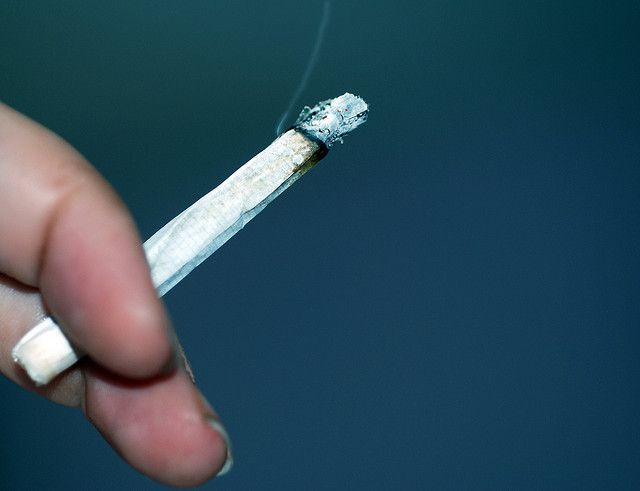Impulsive People More Likely To Smoke Cigarettes And Have Trouble Quitting

A new study on cigarette cravings may further confirm suspicions of man's helplessness in a deterministic universe first explored by ancient philosophers Democritus and Leucippus — at least for anyone trying to kick the habit.
A neurological proclivity for impulsive behavior has been show to play a key role in the onset of smoking and pattern of consumption, as well as with relapse after quitting amid strong craving for the drug nicotine. Stephane Potvin, a psychiatrist at the University of Montreal, examined the neurobiological influence of impulsivity on cravings for tobacco in 31 chronic smokers.
The smokers were exposed to tobacco-related images as well as neutral images while undergoing a brain scan. They reported their feelings of craving and completed the Barratt Impulsiveness Scale, a psychological measure of impulsivity as a trait. Potvin and his research team examined the functional connectivity using the psycho-physiological interaction method, looking at activity in certain areas of the brain and how they were interacting with others.
When viewing smoking-related images, study participants experienced increased activity in the cingulate and prefrontal cortices of the brain, as well as in the limbic system, Potvin reported on Tuesday. Under those conditions, smokers scored higher on impulsivity measurements and reported greater craving for tobacco. At the same time, researchers saw activity fall in posterior cingulate cortex (PCC), which may play a role in modulating cravings for tobacco.
That part of the brain disconnected more from the insula, dorsal anterior cingulate cortex, as well as from the dorsolateral prefrontal cortex, further implicating it as a key brain area related to smoking addiction.
"Our results suggest that high impulsive smokers have greater difficulty in controlling their cravings, and that this weakness may be mediated by lower PCC activity," Potvin wrote. "Moreover, we argue that the less PCC activity, the greater the probability of a stronger emotional, physiological and biased attentional response to smoking cues mediated by insula, [dorsal anterior cingulate cortex] and [dorsolateral prefrontal cortex activity]."
However, the study is the first to explore this area of addiction science and has yet to be confirmed by other researchers on subjects addicted to tobacco or other drugs.
Potvin said the findings should encourage researchers to further study the posterior cingulate cortex, given the evidence in previous brain studies implicating that area as key to cravings for tobacco and other drugs.
Source: Bourque J, Mendrek A, Dinh-Williams L, Potvin S. Neural Circuitry Of Impulsivity In A Cigarette Craving Paradigm. Frontiers In Psychiatry. 2013.



























